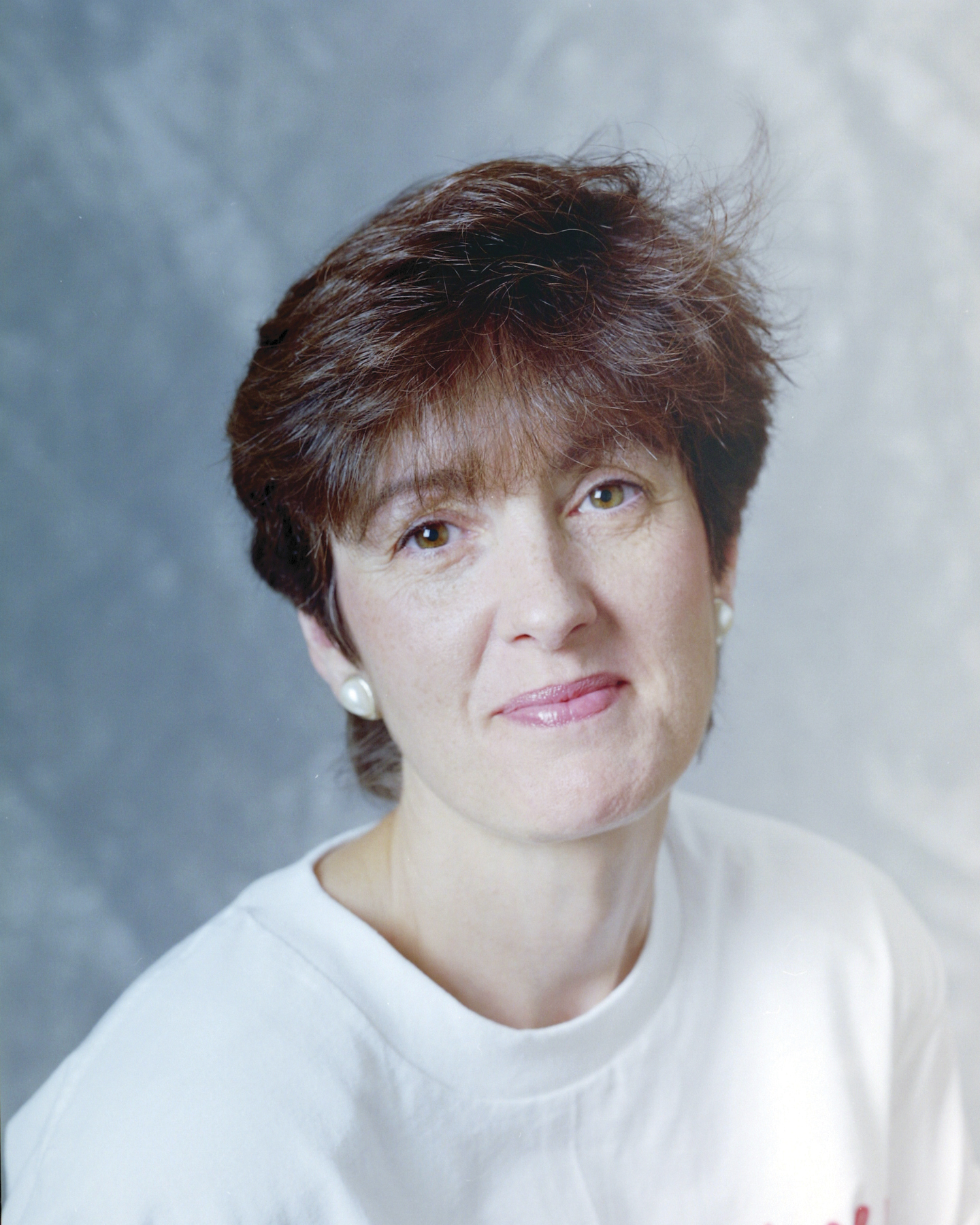Local author writes about holistic cure for bipolar disorder
A cure for bipolar disorder could change the world, but is it possible? Utah author Deborah Fryer said it’s not only possible, it’s simple.
“Diseases of the central nervous system may be tragically complex, but the cure is extremely simple, and I feel a great sense of duty to share it,” Fryer said.
Fryer published her book, “Mission Improbable: How I Beat Bipolar Disorder without Drugs,” to Kindle in August with the first paperback editions available Sept. 19, 2014.
According to Mayo Clinic, “Bipolar disorder — sometimes called manic-depressive disorder — is associated with mood swings that range from the lows of depression to the highs of mania.”
Jacob Fryer, the author’s son and a senior in accounting, said mental illness comes with a common misconception.
“I think there’s quite a big negative stigma attached to mental illness,” he said. “I’d say part of it is because people don’t know what it is. It’s probably a lot more common than people think. It’s definitely serious and has a huge effect on people’s lives … and just because someone struggles with it doesn’t mean they’re crazy. It’s just another problem and definitely shouldn’t have that negative stigma attached to it, which I think is perpetuated by society.”
Jacob said his mother’s illness would incapacitate her at times, and many treatments only served to worsen her condition. Finally, she found a company called TrueHope that offered an alternative treatment called EMpowerplus.
“When she started taking the EMpowerplus, she had hit rock bottom,” Jacob said. “She just couldn’t function. She had no real ability to do anything. She had this huge buildup of drugs in her system, so it was rough the first couple of years. Slowly, she began to function better. It’s been 10 or so years since, and I look back on that time, it really correlated with when she started taking TrueHope. Can I say that she’s completely better or whether it’s just dormant? I have no idea, I don’t know if that’s how it works, but as far as I can see, I would say she’s better. I don’t see it coming back.”
Deborah now dedicates much of her time to educating others about her method of recovery. She helps them feel understood and encourages discussion about mental illnesses, she said.
“My goal is to educate people, and simplify what has become a very complex subject, so that the general public has a greater understanding, and that the taboo of mental illness may finally be lifted,” Deborah said. “I have now been bipolar-free for almost 12 years and am embarking on a whole new career of public speaking about this devastating illness.”
Deborah now views her mental illness more positively.
“I really do feel that having had bipolar disorder was a gift,” she said. “I know that sounds strange, but I feel privileged to have suffered this, and then to have been blessed with the cure. To be able to give people hope is the greatest reward of my suffering.”
The cure, Deborah said, is found in a dietary supplement called EMPowerplus designed specifically to heal the brain.
“David Hardy, who produced the formula, did an incredible job of discovering how to heal the brain, and the best balance of nutrients to do that,” Deborah said. “The difference between EMPowerplus and regular multivitamins is the delicate balance between the different components and in the way it is manufactured.”
Jacob said it’s hard to believe an alternative medicine solution like this could be so effective, but his mother’s recovery is good evidence.
“I’m not a big believer in alternative medicines and natural remedies and that kind of stuff that isn’t super medically based,” Jacob said. “I can’t say for sure whether it works or not based on science, but seeing what happened when she started taking it is pretty impressive.”
He said the difference in his mother as noticeable.
“She has tons of friends, she works, she’s confident and happy; she’s a whole different person now,” Jacob said. “You kind of always question, is she better? But comparing now to how she was, it’s a stark difference. It’s pretty amazing how far she’s come, how great she’s doing now.”
Jordan Winberg, a senior in biology who was diagnosed with bipolar disorder, said he has a hard time believing in holistic approaches.
“The thing about alternative medicine is, if it works, then why isn’t it mainstream medicine?” he said. “By pushing alternative medicine you’re kind of substituting it for western medicine. Alternative medicine is potentially even dangerous because it’s not scientifically proven. It’s not subjected to the rigorous testing and clinical trials that mainstream medicine is.”
Winberg said he has found mainstream medications effective in managing his bipolar disorder, and he expects to use them for the rest of his life because there isn’t really any cure for bipolar disorder.
“It can go away and you cycle through it but for the most part, once you’re on the medication you just keep taking it,” he said. “You take it for the rest of your life, so there’s no cure, no pill you can just take once and it’ll just go away.”
Jacob, though skeptical at first, said he looks back and sees evidence of his mother’s recovery through alternative treatment.
“I don’t know a whole lot about mental illness or the whole scientific side to it and how this stuff works, but when she was getting better, it took her quite a few years and I can kind of look back and see her slowly changing, recovering,” he said.
Debate over treatment continues in the medical community. Deborah said she chooses to use her experiences to help others.
“I believe with my whole heart that empathy is the foundation of charity,” she said. “Having suffered so much has given me empathy for others in their suffering.”
— abhendrix@pentaracorp.com

